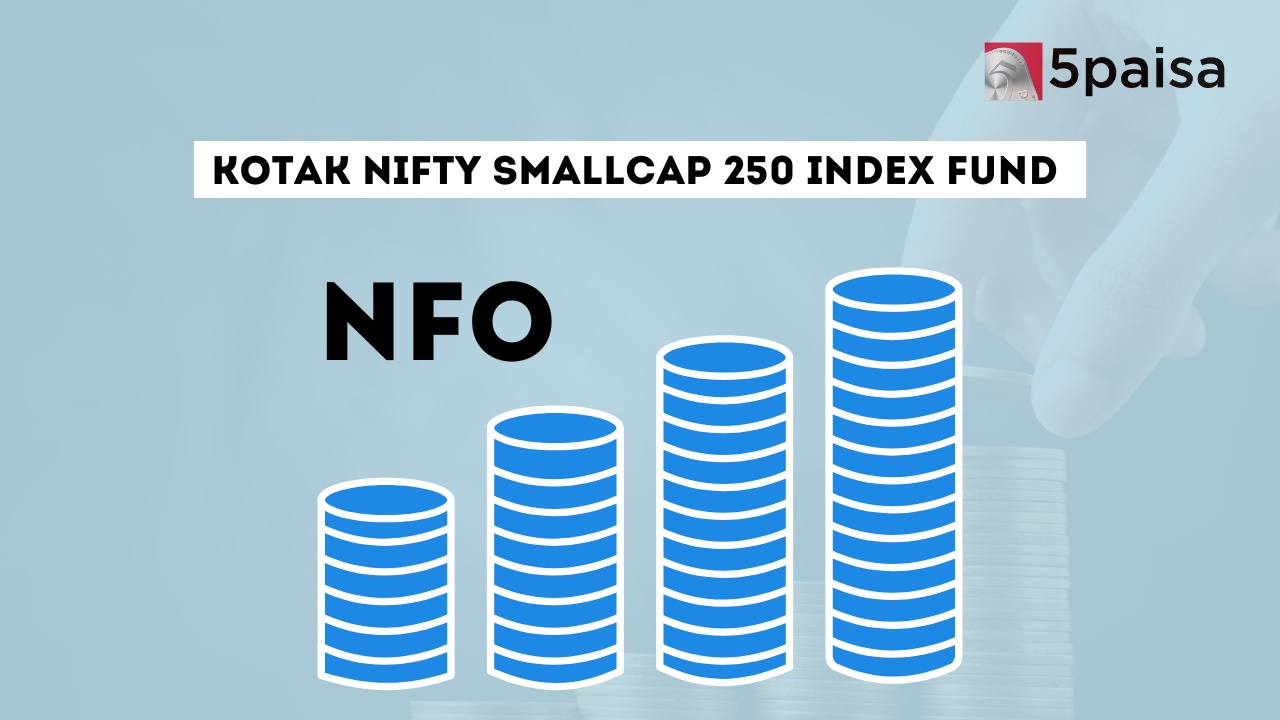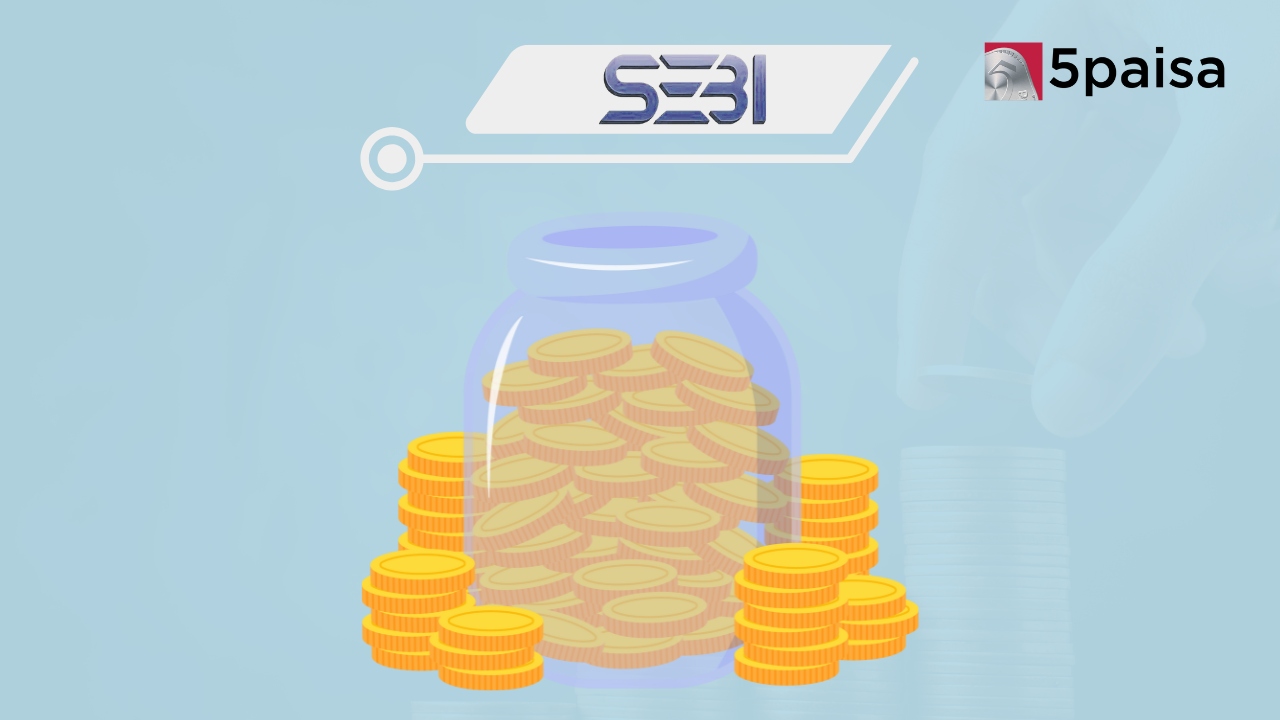Rupee at 80/$, so what are the sectoral implications

Last Updated: 13th December 2022 - 06:10 pm
The rupee may not have settled beyond the 80/$ level, but it is just a matter of time. The RBI has been trying its best to defend the rupee at around the 80/$ mark but as we have seen in the past, the RBI will only try up to a point and if there is no support from FPI flows, it just allows the rupee to weaken and find its own equilibrium levels. More so, in the current context wherein the RBI forex reserves have already fallen sharply from $647 billion to $580 billion, thanks to intervention. Obviously, the RBI would be more cautious.
But let us first look back and take a longer term perspective on the rupee. In 2008, the rupee was at around 40/$. In other words, the rupee has literally halved versus the US dollar in the last 14 years. That is an annualized CAGR depletion in the rupee of over 4.5%, which is reasonable considering the inflation differential between India and the US over the last 14 years on an average. The recent strength in the dollar, despite higher inflation, is due to the exorbitant privilege of the dollar, but we shall not get into that today.
Before we get into the nuances of the rupee depreciation, here is a quick look at the reasons that have led to the sharp fall in the rupee from 74/$ at the start of 2022 to 80/$ by middle of 2022.
• Consistent FPI outflows have been a key factor. Foreign portfolio investors have taken out nearly $35 billion of money from Indian equity markets since October 2021 and that has left a deep imprint on the Indian rupee.
• Hawkishness of the Fed where it has been hiking rates at an unprecedented clip is responsible for making dollar assets more attractive and therefore it has been consistently spiking the dollar index.
• The supply side inflation has led to rise in commodity prices across the board, with oil having a specifically deep imprint on the rupee. This has raised the likelihood of the current account deficit going beyond 5% of GDP in FY23.
• Lastly, the short term pressures on the rupee have arisen from factors like persistent dollar demand coming from the oil companies and pressure from dollar borrowers rushing to cover their dollar open positions.
How are the sectors likely to be impacted by the rupee fall?
There are several sectors that are likely to see diverse impact on their performance due to the sharp fall in the rupee. Here is a sampler.
a) The oil marketing sector is likely to bear the brunt of higher rupee oil prices. With restrictions on free setting of petrol and diesel prices, they are most likely to come under margin pressure.
b) Banks could be another sector to come under pressure. Weaker rupee means a lot of imported inflation and higher inflation means higher yields. That would lead to bond portfolio depreciation forcing banks to provide for their portfolio losses.
c) Sectors like heavy machinery, capital goods, gems & jewellery and chemicals with a strong import content are likely to see pressure due to higher input costs. This would also partially apply to telecom companies with a strong import content.
d) On the positive side, IT is likely to be a beneficiary of a strong dollar since it derives more than 60% of its revenues from the US. However, on the downside, there could be tech spending cuts and cross currency risks.
e) Pharma could be one sector that would benefit the most as it is predominantly US based but supply chain constraints are likely to be a big challenge for the pharma sector on account of persistent China lockdowns
Overall, the real issue may not be as much about sectoral attractiveness, as it would be about the risk of an overall recession and slowdown in GDP growth. That could have a more systematic impact on all sectors and the impact is most likely to be negative.
- Flat ₹20 Brokerage
- Next-gen Trading
- Advance Charting
- Actionable Ideas
Trending on 5paisa
01
 5paisa Research Team
5paisa Research Team
06
 5paisa Research Team
5paisa Research Team
Indian Market Related Articles
Disclaimer: Investment in securities market are subject to market risks, read all the related documents carefully before investing. For detailed disclaimer please Click here.




